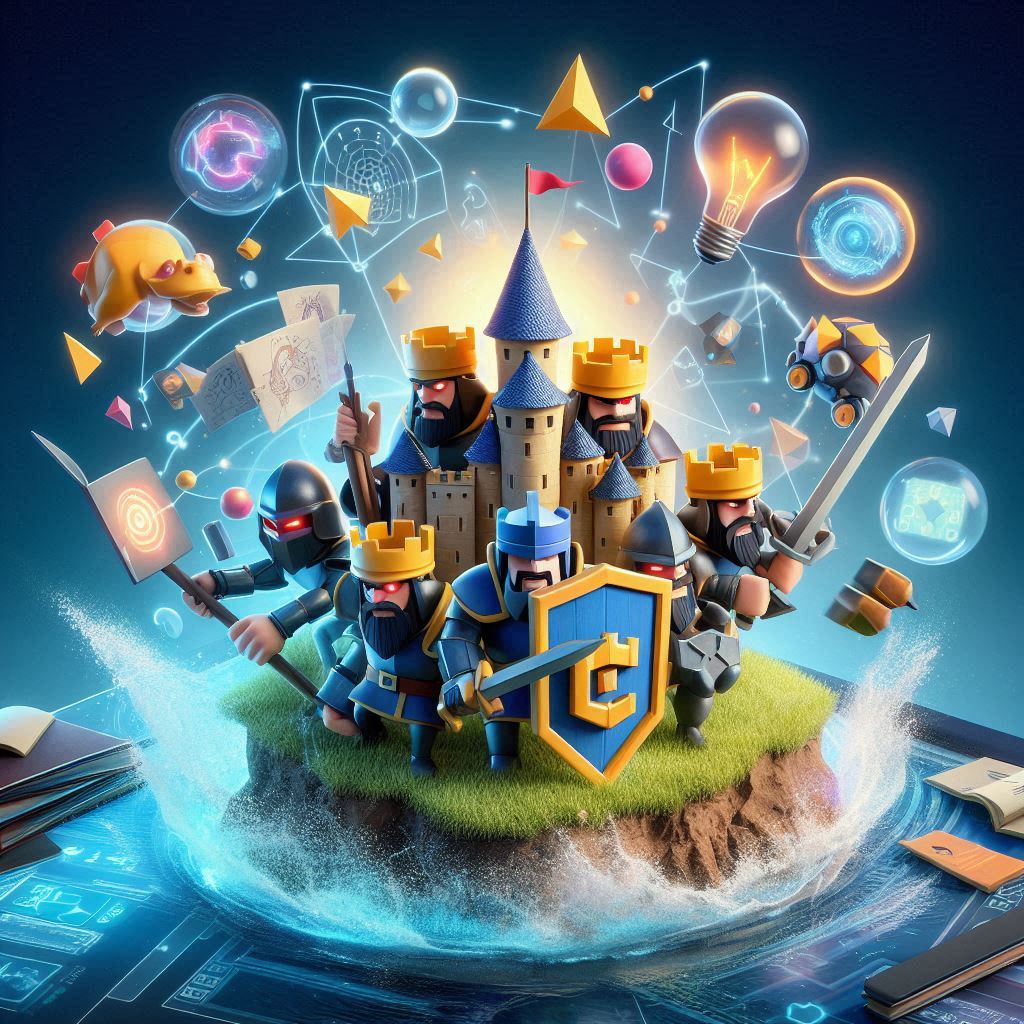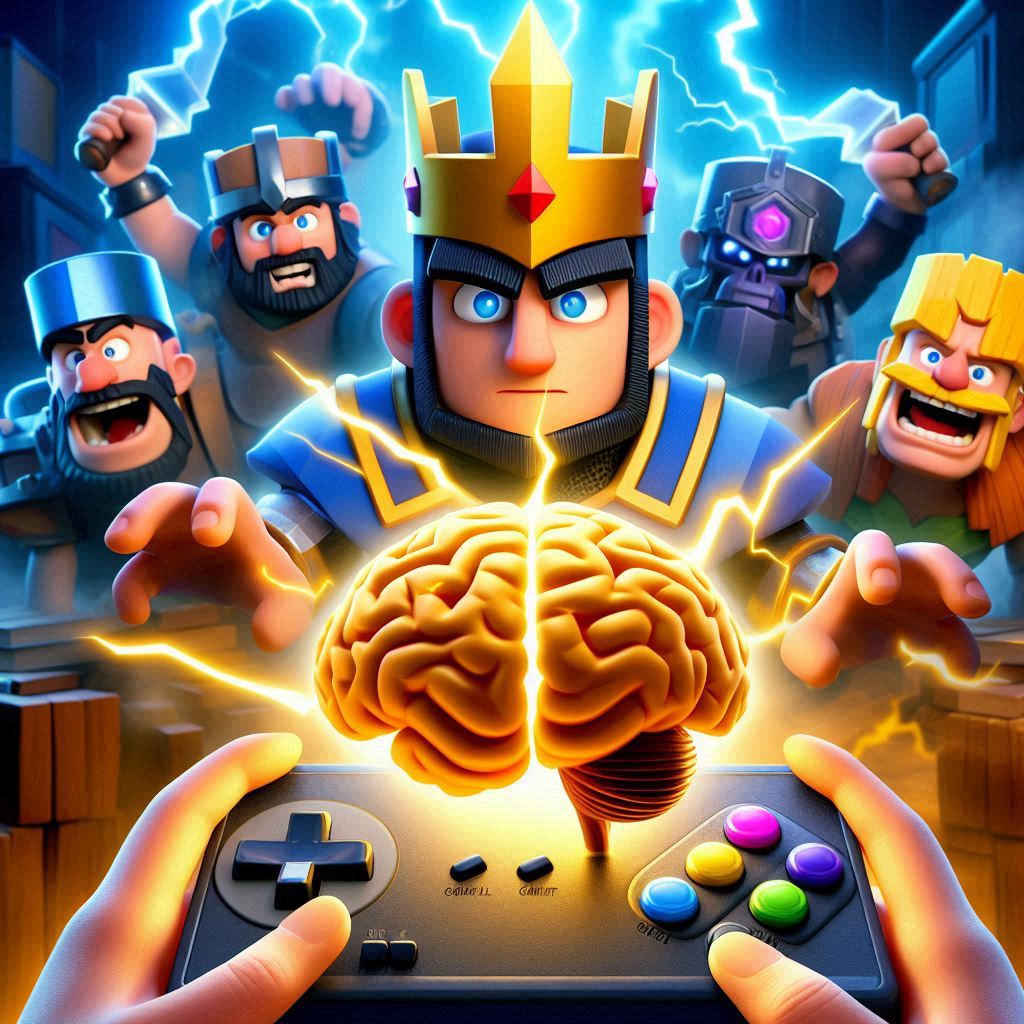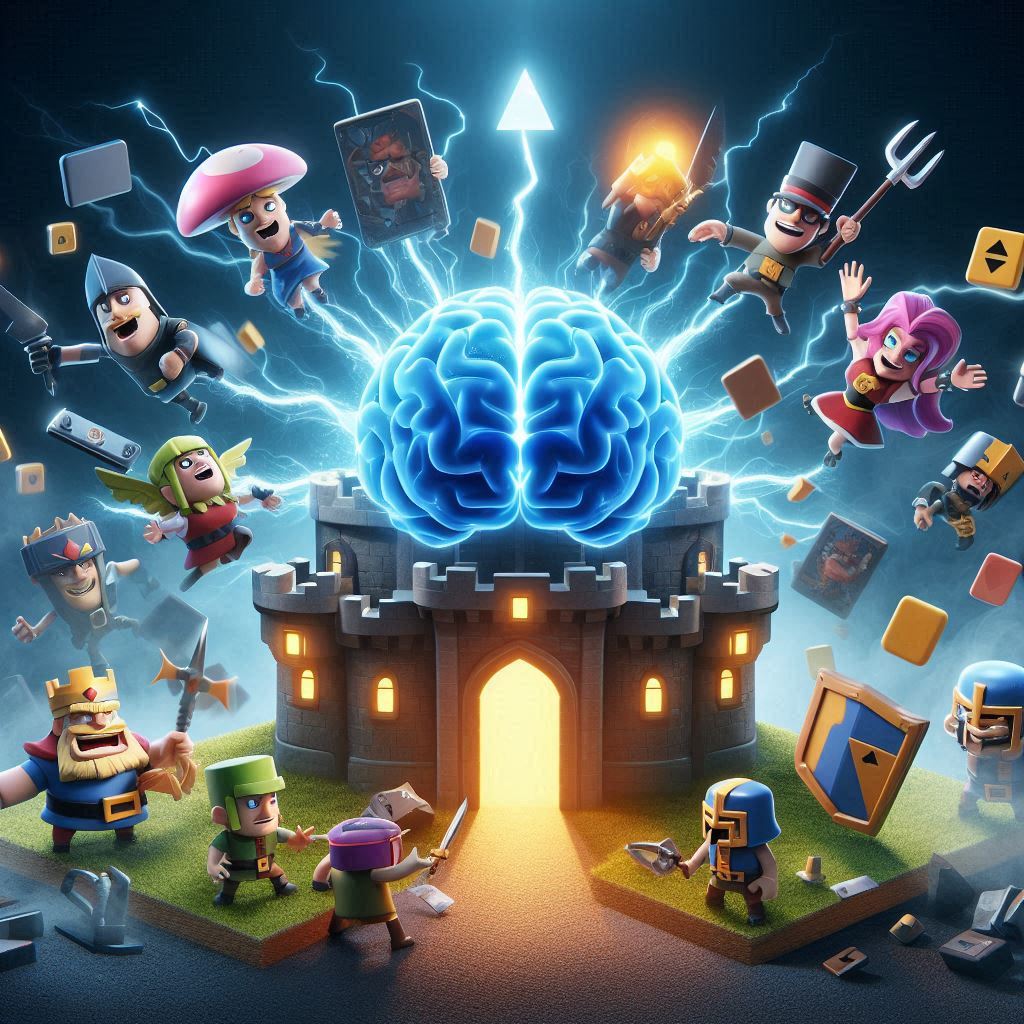IQ
In the ever-evolving landscape of cognitive research, the connection between gaming and intelligence quotient (IQ) has become a topic of increasing interest and scientific exploration. As technology continues to shape our lives, the potential impact of video games on cognitive development and intellectual capacity has become a subject of considerable debate and investigation. Numerous studies have highlighted the cognitive benefits associated with gaming, suggesting that certain game genres and mechanics may contribute to the enhancement of various cognitive skills. From improved problem-solving abilities to enhanced spatial reasoning and memory retention, the potential of gaming to positively influence IQ has captured the attention of researchers, educators, and parents alike.
One of the primary ways in which gaming has been linked to IQ improvement is through the development of problem-solving skills. Many video games, particularly those in the strategy, puzzle, or adventure genres, require players to analyze complex scenarios, identify patterns, and devise effective solutions to overcome challenges. This process of systematic problem-solving can transfer to real-world situations, enhancing an individual’s ability to think critically and logically.
Spatial reasoning, the ability to visualize and manipulate objects in three-dimensional space, is another cognitive domain that has been shown to benefit from gaming. First-person shooters, for example, often require players to navigate through intricate virtual environments, track the movements of multiple objects, and make rapid decisions based on their spatial awareness. These spatial processing skills can translate to improved performance on IQ tests and other cognitive assessments. Memory retention and working memory capacity are also areas where gaming has demonstrated a positive impact on IQ. Many games, especially those with intricate storylines or complex gameplay mechanics, require players to maintain and manipulate large amounts of information simultaneously. This cognitive exercise can lead to enhanced memory function and the ability to effectively process and retain information, which are essential components of overall intelligence.

The role of attention and focus in gaming has also been examined in relation to IQ. Fast-paced, action-oriented games often require players to maintain a high level of attention, anticipate and respond to dynamic situations, and filter out distractions. This sustained attention and concentration can contribute to the development of cognitive control, a key factor in the enhancement of intellectual abilities. Beyond the specific cognitive skills mentioned, gaming may also have a more holistic impact on IQ by fostering a sense of engagement, motivation, and enjoyment in the learning process. When individuals find gaming to be a rewarding and stimulating experience, they may be more inclined to apply similar levels of focus and dedication to other cognitive-demanding activities, further enhancing their overall intellectual capacity.
It is important to note that the relationship between gaming and IQ is multifaceted and can be influenced by various factors, such as the specific game genre, the age and developmental stage of the individual, and the overall balance between gaming and other cognitive-enhancing activities. As with any form of intellectual stimulation, the effectiveness of gaming in boosting IQ may depend on the individual’s unique cognitive profile and learning preferences. While the positive effects of gaming on IQ have been increasingly recognized, it is crucial to emphasize that the benefits are not universal or guaranteed. Excessive or unbalanced gaming can potentially have negative consequences, such as reduced physical activity, social isolation, and the displacement of other cognitive-stimulating activities. Moderation and balance are key when it comes to utilizing gaming as a tool for intellectual development.
To maximize the potential benefits of gaming on IQ, researchers and educators have explored the integration of game-based learning strategies into educational curricula. By incorporating the engaging and cognitive-stimulating elements of gaming into learning environments, students can develop a range of intellectual skills while maintaining a sense of intrinsic motivation and enjoyment. The incorporation of gaming-based learning approaches has been particularly beneficial for individuals with specific cognitive challenges or learning disabilities. By tailoring game experiences to address individual needs and preferences, educators can create personalized learning environments that stimulate cognitive growth and enhance overall intellectual capabilities.
As the gaming industry continues to evolve, the potential for innovative game designs and technologies to further amplify the cognitive benefits of gaming remains an area of active research and exploration. Emerging technologies, such as virtual reality, augmented reality, and adaptive game mechanics, may unlock new avenues for enhancing cognitive skills and boosting IQ through immersive and personalized gaming experiences. While the causal relationship between gaming and IQ is not yet fully understood, the growing body of evidence suggests that certain gaming activities can serve as valuable cognitive tools, complementing traditional educational approaches and contributing to the overall intellectual development of individuals. As the field of cognitive research continues to advance, our understanding of the intricate connections between gaming and IQ is likely to deepen and evolve.
It is essential to approach the topic of gaming and IQ with a balanced and nuanced perspective. While the potential benefits of gaming on cognitive abilities are increasingly recognized, it is crucial to consider individual differences, the specific game genres, and the overall context in which gaming is integrated into an individual’s life. Striking a healthy balance between gaming and other cognitive-enhancing activities is key to maximizing the positive impact on IQ. As the intersection of gaming and cognitive research continues to be an area of active exploration, the future holds exciting possibilities for the role of gaming in shaping intellectual development. With ongoing advancements in game design, educational integration, and personalized learning experiences, the potential for gaming to positively influence IQ may continue to expand, offering new avenues for cognitive enhancement and intellectual growth.

Cognitive Flexibility and Creativity:
Gaming, particularly those that involve problem-solving, strategic thinking, and open-ended exploration, can also enhance cognitive flexibility and creativity. The ability to adapt to changing situations, think outside the box, and generate novel ideas are all essential components of intelligence that can be strengthened through gaming.
Long-Term Effects and Neuroplasticity:
Numerous studies have suggested that the cognitive benefits associated with gaming may have long-term effects on brain structure and function. Regular engagement in cognitively demanding games can lead to neuroplastic changes, where the brain adapts and reorganizes itself to better handle the cognitive tasks required by the game. This neuroplasticity can contribute to sustained improvements in IQ over time.
Transfer of Skills to Real-World Contexts:
A key factor in the relationship between gaming and IQ is the ability to transfer the cognitive skills developed in the gaming environment to real-world situations. Games that require players to make decisions, manage resources, and navigate complex scenarios can help individuals develop transferable problem-solving, planning, and decision-making skills that can be applied in various domains, ultimately contributing to higher IQ scores.
Specific Game Genres and Cognitive Domains:
While gaming in general has been linked to IQ enhancement, certain game genres have been found to be particularly effective in targeting specific cognitive domains. For example, strategy games may be more effective in improving problem-solving and decision-making skills, while action games may enhance spatial reasoning and attention. Identifying the optimal game genres for specific cognitive enhancements can help individuals tailor their gaming experiences to maximize IQ benefits.
Personalized Approaches and Adaptive Gaming:
As the gaming industry continues to evolve, the potential for personalized and adaptive gaming experiences to enhance IQ is also gaining attention. By tailoring game mechanics and challenges to an individual’s cognitive profile and learning preferences, adaptive gaming systems can provide a more targeted and effective approach to cognitive development and IQ improvement.
Limitations and Considerations:
While the positive effects of gaming on IQ are well-documented, it is important to acknowledge the potential limitations and caveats associated with this relationship. Factors such as the duration and frequency of gaming, the balance between gaming and other cognitive-stimulating activities, and the individual’s overall lifestyle and developmental stage can all influence the magnitude and sustainability of the IQ benefits. Moderation and a balanced approach are crucial when incorporating gaming into an individual’s cognitive enhancement strategy.
In conclusion, the relationship between gaming and IQ is a complex and multifaceted topic that has captured the attention of researchers, educators, and the gaming community alike. While the evidence suggests that certain gaming activities can contribute to the enhancement of cognitive skills and intellectual capacity, it is essential to approach this topic with a balanced and nuanced perspective, considering individual differences and the overall context of gaming in an individual’s life. As the field of cognitive research continues to evolve, the future promises even greater insights into the role of gaming in shaping intellectual development.

Our game development Team developed a game where you can Earn Money by competing with others and defeating them. This game is turn-based and in each turn the player has to choose the best decision to Shoot his opponent, this can be the reason why our game helps the player’s intelligence. You can also subscribe to our YouTube channel to learn more about the TanKash game.



